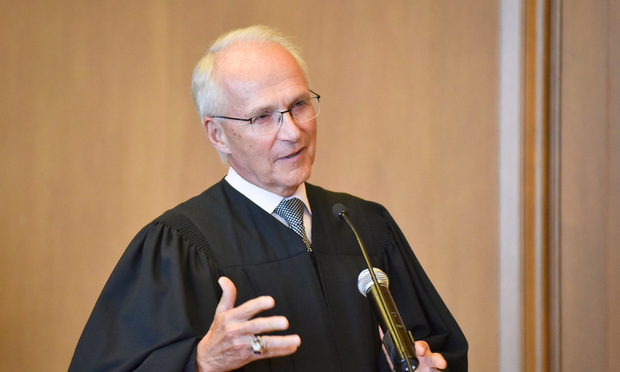A federal judge in the District of Connecticut misapplied a legal doctrine that could have changed the outcome of a products liability lawsuit against cigarette giant Philip Morris USA Inc., the U.S. Court of Appeals for the Second Circuit ruled Thursday.
The new decision has the potential to dramatically change the way tobacco cases are litigated, according to David S. Golub of Silver Golub & Teitell in Stamford, who represents the plaintiff.
This content has been archived. It is available through our partners, LexisNexis® and Bloomberg Law.
To view this content, please continue to their sites.
Not a Lexis Subscriber?
Subscribe Now
Not a Bloomberg Law Subscriber?
Subscribe Now
LexisNexis® and Bloomberg Law are third party online distributors of the broad collection of current and archived versions of ALM's legal news publications. LexisNexis® and Bloomberg Law customers are able to access and use ALM's content, including content from the National Law Journal, The American Lawyer, Legaltech News, The New York Law Journal, and Corporate Counsel, as well as other sources of legal information.
For questions call 1-877-256-2472 or contact us at [email protected]


 Judge Richard Wesley of the U.S. Court of Appeals for the Second Circuit. Photo: David Handschuh/NYLJ.
Judge Richard Wesley of the U.S. Court of Appeals for the Second Circuit. Photo: David Handschuh/NYLJ.




